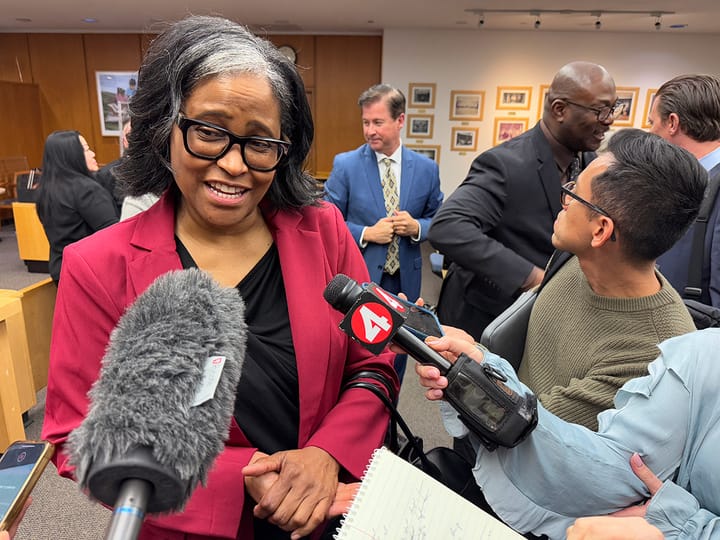A teen boy killed an innocent girl. The DA wants him freed.
The probation department says the Lilron Jones case should go back to adult court. The Alameda County DA's office says it disagrees.

A legal battle is brewing over the fate of a 28-year-old man convicted of killing a 15-year-old girl in Oakland when he was 17.
The case poses a number of thorny legal questions that remain to be worked out, the result of changes in state law since the case was tried.
Originally, the case of Lilron Jones went straight to adult court in 2014 after a review by the Alameda County DA's office under Nancy O'Malley.
But state law now requires cases involving anyone tried as an adult who was a minor during the crime to be reviewed again, post-conviction, in juvenile court.
That's how the case of Lilron Jones returned to an Alameda County juvenile courtroom in recent years.
Attorneys for the case appeared Tuesday before Judge Scott Jackson to discuss where matters stand today.
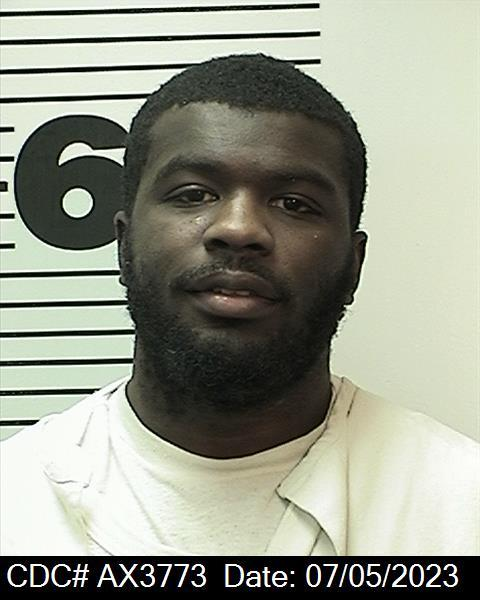
Lilron Jones. CDCR
Jones attended the hearing, at the Juvenile Justice Center in San Leandro, from prison via video conference.
Relatives of Jubrille Jordan, the girl who was murdered, were also in attendance.
Judge Jackson has said his plan is to hold a transfer hearing for Jones, where case evidence would be reviewed, at the end of the month.
The judge would then issue a ruling on whether the case should remain in juvenile court or go back to adult court.
From the bench Tuesday afternoon, Jackson said the probation department's recommendation is for Jones to go back to adult court.
The probation department reviewed the case at the request of the district attorney's office.
But the Alameda County DA's office, under DA Pamela Price, now says the office does not want Jones to go back to adult court.
"We want him to remain in juvenile court," prosecutor Jacq Wilson, who was appointed by DA Price to oversee juvenile matters, told the judge. "We do not want the defendant transferred to adult court. That’s what I can say."
Judge Jackson asked the DA's office to describe what the transfer hearing would look like should he proceed with it later this month.
"Is the district attorney just going to sit on its hands during the hearing?" the judge asked.
"We would submit," Wilson said. "We would not make any argument."
The judge said he could rely on the probation department's report and its recommendation to make his ruling.
If the case remains in juvenile court, Jones — now 28 — could be set free this year without any additional monitoring.
That's because the juvenile court system has no jurisdiction over defendants who are age 25 and older.
According to the California Department of Corrections and Rehabilitation, Jones will be eligible for parole in 2055.
He is currently serving a sentence of 114 years to life in High Desert State Prison in Susanville, in Lassen County.
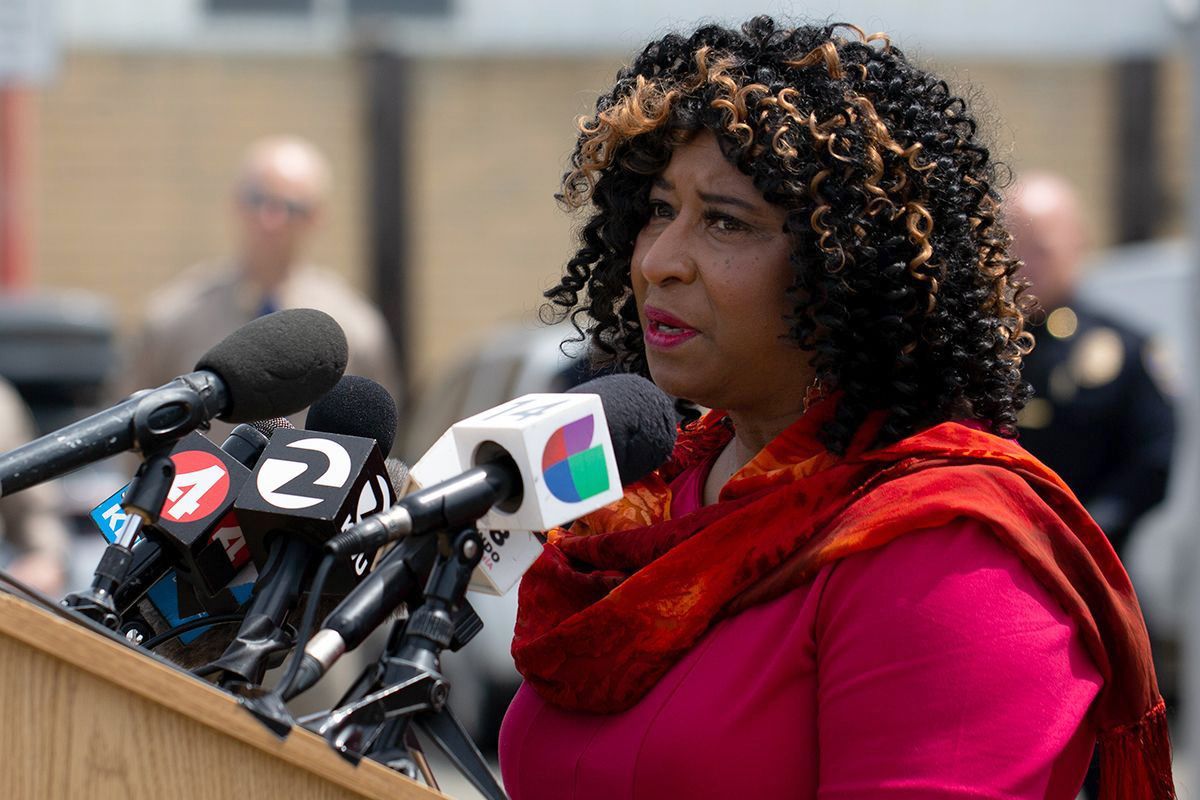
Attorneys spar over issue of judge's discretion
Meanwhile, Greg Ward, the attorney for defendant Jones, has said he may seek guidance from the state Court of Appeal before the transfer hearing happens.
The Court of Appeal recently ruled on the matter but did so with brevity.
"It’s a little bit difficult when you get a one-sentence order," Ward told the court. "We’re used to getting several pages where everything is explained at length."
In court Tuesday, Ward said the situation was "a little bit unusual" because the Court of Appeal said only that Judge Jackson "has the discretion not to conduct a juvenile transfer hearing" in light of the fact that the DA's office does not want the case in adult court.
The ruling did not say that Jackson is prohibited from holding a transfer hearing.
But Ward argued Tuesday that it's not up to the judge.
"I don’t think the court has the authority to go forward with the transfer hearing," he said. "The district Court of Appeal has a lot of clout being that it’s an appellate court, but it cannot manufacture some authority and hand it to the juvenile court."
April Smith, the prosecutor who recently took over the Lilron Jones case, said her reading of the law was somewhat different from Ward's.
"The court does have the discretion to make the decision in either direction," Smith told the court. "It was very clearly stated that there was a term of discretion."
Smith also told the judge Ward made similar arguments in writing to the Court of Appeal, which had rejected them.
"They could have easily granted the motion," she said.
The judge agreed to allow the attorneys to return to court in late September to discuss the status of the case, perhaps with further input from the Court of Appeal.
The transfer hearing could follow that hearing, but that remains to be seen.
The judge said he "cleared out that entire week for the transfer hearing."
Lilron Jones asked the court to allow him to attend that hearing in person and the judge granted his request.
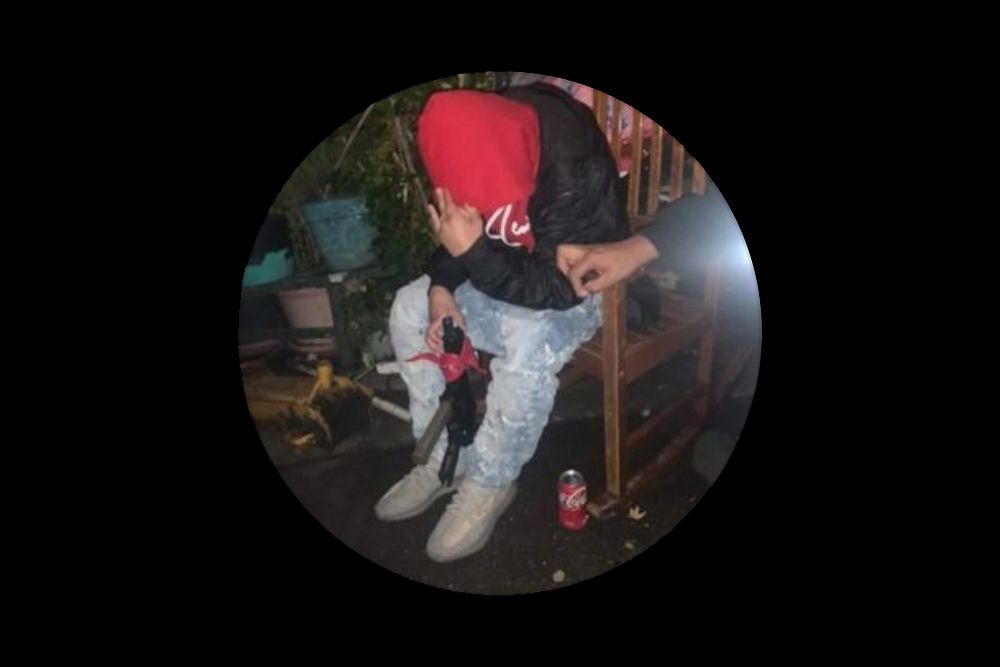
DA Price has pledged not to transfer minors to adult court — in most cases
As part of her campaign platform, Alameda County District Attorney Pamela Price has said she is committed to "stop over-criminalizing our youth," which includes establishing "age-appropriate programs to address criminal violations by youths between 18 and 25" and not charging or incarcerating people under 18 as adults.
Price has also said, in a recent directive, that her office "will no longer move to transfer children to the adult court system" as a general practice.
"In extraordinary circumstances and in cases involving especially vulnerable victims, adult criminal court may be deemed warranted on a narrowly construed, case-by-case basis," according to the directive, which was obtained from the DA's office through a Public Records Act request.
The July directive also stated that "All pending motions to transfer children to adult court jurisdiction that have not previously been approved by the District Attorney shall be withdrawn at the soonest available court date."
The directive also explained that any ongoing case where a "child has been transferred to adult criminal court" would automatically be reconsidered if the defense asks for it.
"Prosecutors shall not argue that a child should remain in adult criminal court if defense counsel argues for their case to be heard in juvenile court," according to the directive.
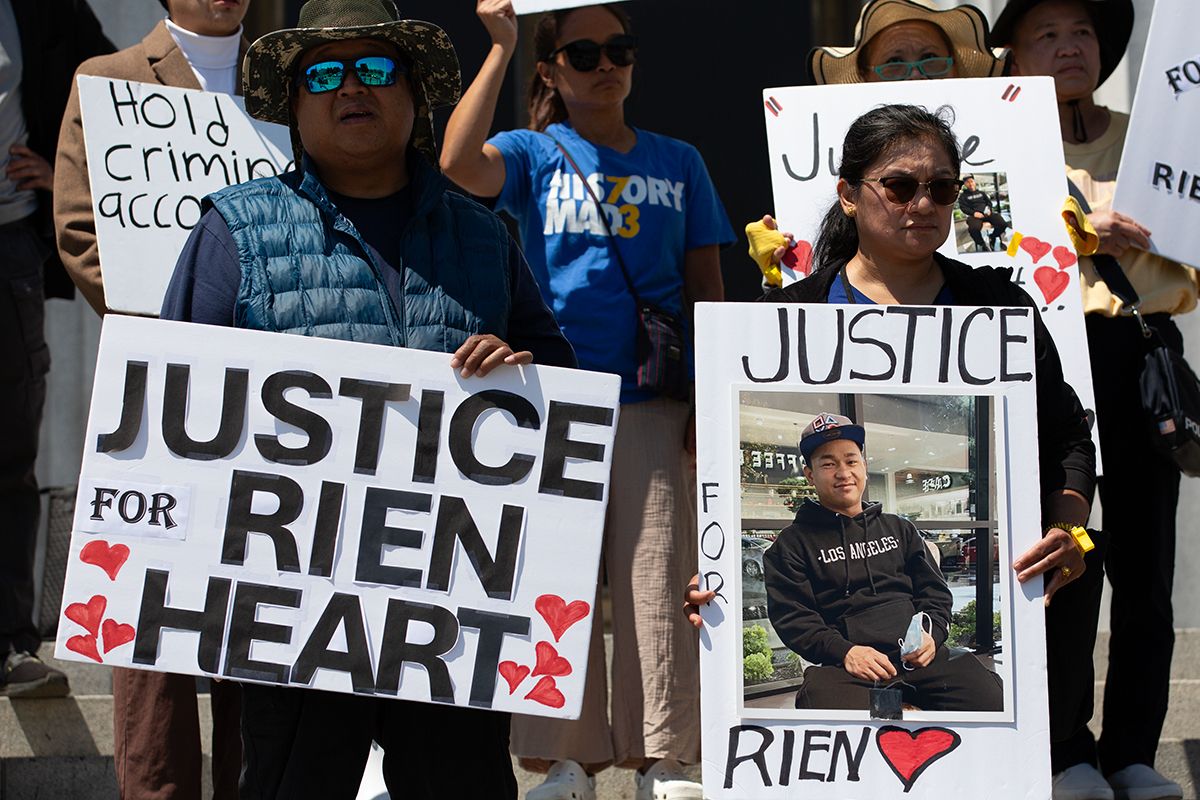
The Jubrille Jordan murder
Jubrille Jordan, then 15, was killed by a bullet to the head on the afternoon of Dec. 30, 2012.
She was standing on the sidewalk outside a housing complex near the Oakland Coliseum, "waiting with her sister, two friends, and a baby while another friend stopped to talk with two male friends," according to court papers.
Two people opened fire on the group, killing Jubrille, who was an innocent bystander, and wounding a young man — the intended target of the shooting — in the foot.
Police found 20 spent casings at the scene.
According to court papers, the shooters were seeking retribution for the killing of a 15-year-old boy in the neighborhood earlier that year.
Jones and two men were ultimately sentenced to prison for Jubrille's murder as well as the attempted murder of the young man who survived.
He was the only one who was a minor at the time of the crime.
Although Jones was 17 at the time of the murder, his sentence was significantly longer than the other two defendants because he had a prior strike that doubled his time for the murder and attempted murder counts.
Editor's Note: Most juvenile proceedings are confidential, but hearings that relate to the most serious crimes — see section 707 (b) of the Welfare And Institutions Code — are generally open to the public. That includes murder, robbery, assault with a firearm, rape and many other violations.





